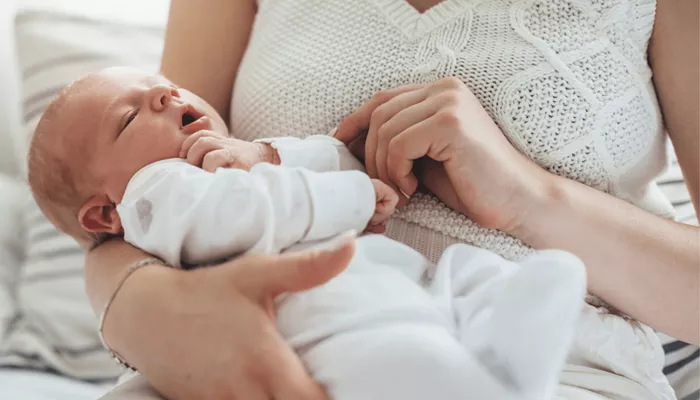The bodies of five infants from a Salvation Army-run mother and baby home in Belfast were used for research at Queen’s University Belfast. Representatives from the university shared this information with a Stormont committee on Wednesday. The remains were received from Thorndale House between 1927 and 1962, marking the only body donations the university obtained from mother and baby homes.
Professor Alan Smyth, dean of the School of Medicine, Dentistry, and Biomedical Sciences, explained that three of the five infants were buried, while there are no records for the burial of the other two.
In total, 451 adult bodies were donated to the university from the Belfast Union Workhouse from 1927 to 1948. Under the 1832 Anatomy Act, it was legal to use the bodies of “unclaimed deceased residents” from workhouses and psychiatric hospitals for research in medical schools. This practice was common in Ireland and the UK until the mid-1960s.
In 2019, the Commission of Investigation into Mother and Baby Homes in the Republic of Ireland reported that over 950 children who died in those homes were sent to medical schools, including UCD, Trinity, and the Royal College of Surgeons, for dissection between 1920 and 1977.
The committee’s hearing followed a previous session in June when campaigner Eunan Duffy from Truth Recovery NI claimed that Queen’s used the remains of 1,980 adults, children, and infants for research. Duffy stated that the fates of 1,824 of those bodies were unknown, a claim the university disputed.
Professor Smyth informed the committee that since 1927, 2,464 donors have given their bodies for anatomical examination. Of these, 1,155 were buried, 1,010 were cremated, and one was returned to the family before dissection. Currently, six donor bodies are undergoing dissection.
He noted that there is no record of burial or cremation in 292 cases, suggesting these bodies were likely returned to families for funeral arrangements, but the university cannot confirm this.
“We have complete records for the last 40 years,” he said. “The 292 cases with missing records date from before that time.” He further stated he found no evidence to support Duffy’s claim about the unknown whereabouts of 1,824 bodies.
Between 1927 and 1973, the university received the bodies of 49 children, most of whom were infants under one year old.
Professor Smyth also addressed earlier claims about children at an unidentified residential institution being involved in a drug and vaccine trial in 1962. He said the university believes it has identified the trial, which was published in the Lancet in 1962. This trial involved adding an activated polio vaccine to other vaccines for children aged six to 19 months. The study mentioned that nine of the 44 infants were residents of a children’s home, but it did not specify which one.
“All the children remained well and developed good immunity to polio,” he said, noting that there was no record of ethical approval or consent obtained for the trial.
Throughout its history, Professor Smyth asserted that Queen’s has followed the legislation of the time. He also discussed plans for further research and remembrance of donors and their families, including the construction of memorials and an annual commemoration ceremony.
During the session, Alliance MLA Connie Egan raised a sensitive issue, stating that two people had contacted her regarding babies buried in a mass grave at Milltown cemetery. These individuals, including one MLA, claimed their parents were misinformed about their babies’ burial sites and had not given consent, which has caused them distress.
University secretary Alistair Finlay responded, “We would appreciate any additional information on this, especially if it suggests that the body came from Queen’s or through Queen’s.” He assured that the university would investigate the matter further.
You Might Be Interested In

